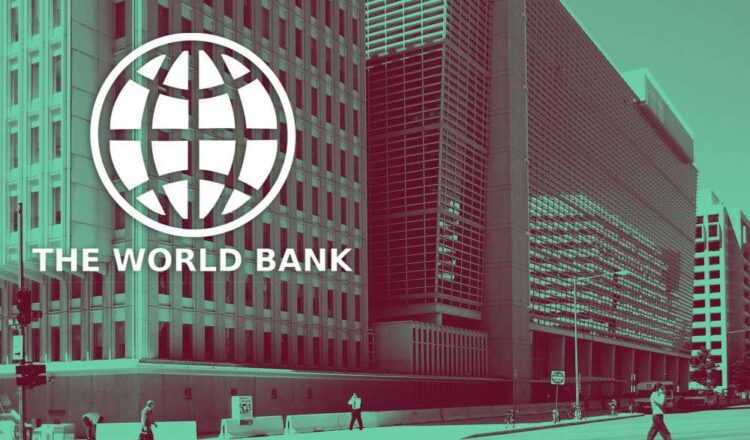The World Bank has been urged by the Institute of Chartered Accountants of Nigeria to grant loans to the federal and state governments of Nigeria in accordance with their standing on the ICAN Accountability Index.
Dr. Innocent Okwuosa, the president of ICAN informed Mr. Chubham Chaudhuri, the Country Director of the World Bank, of this in Abuja.
The bank’s Senior Financial Analyst, Mr. Akin Akinyele, who welcomed Okwuosa, characterised the ICAN Accountability Index as a public financial management instrument developed by ICAN to make sure that the three tiers of government adopt best practises in Public Finance Management (PFM).
Okwuosa was reported by the institute in a release as stating, “Corruption, unaccountability and poor public financial management are systemic within the Nigerian economic system. The UN sustainable development goals cannot be achieved under this socio-economic environment”
As a result, ICAN is in a strong position to contribute significantly to the development of Nigeria’s public sector financial management and accountability within its mandate of serving the public interest.
The ICAN Accountability Index has been recognised as having a wider scope and being better suited for Nigeria than initiatives like the Public Expenditure and Financial Accountability and the States Fiscal Transparency, Accountability and Sustainability Frameworks, according to the statement, which was signed by the assistant director of corporate communications at ICAN, Mrs. Bunmi Owolabi.
This, it claimed, was because the scope of the index—which is encapsulated in its five pillars, 25 indicators, and 70 dimensions—was scaled across the federal, state, and local governments.
Financial data must be made available to the public in order for the Institute to quickly and easily calculate the Index so that the levels of government can improve their ICAN-AI performance.
In addition to gathering data online, ICAN-AI Assessors visit ministries, departments, and agencies to gather pertinent information. Stakeholders at the federal, state, and municipal levels of government were urged to work with them.
The entities received praise from the institute for making improvements in the volume of financial data they submitted.
In the 2020 evaluation, 50% of the information that was needed was, on average, delivered across the various levels of government, as opposed to only 35% and 28%, on average, in the corresponding years of 2019 and 2018.
Over the course of the various levels of government in 2021, 53% of the information needed was delivered.
The institute claimed that this showed an improved degree of compliance with the numerous laws and regulations in Nigeria requiring the release of such information to stakeholders.
Organisations both domestic and abroad, including the Department for International Development, the World Bank, the International Federation of Accountants, the Chartered Accountants Worldwide, the Public Expenditure and Financial Accountability, the Pan African Federation of Accountants, and BudgIT, have endorsed the ICAN-AI.
To ensure that Nigeria’s Public Finance Management best practises are being followed, Okwuosa consequently asked the World Bank to work with her on the Accountability Index.
According to him, ”This collaboration will ensure that the assessments remain independent of Government interference, retain its objectivity and could replace States Fiscal Transparency, Accountability and Sustainability Framework through World Bank endorsement.”





